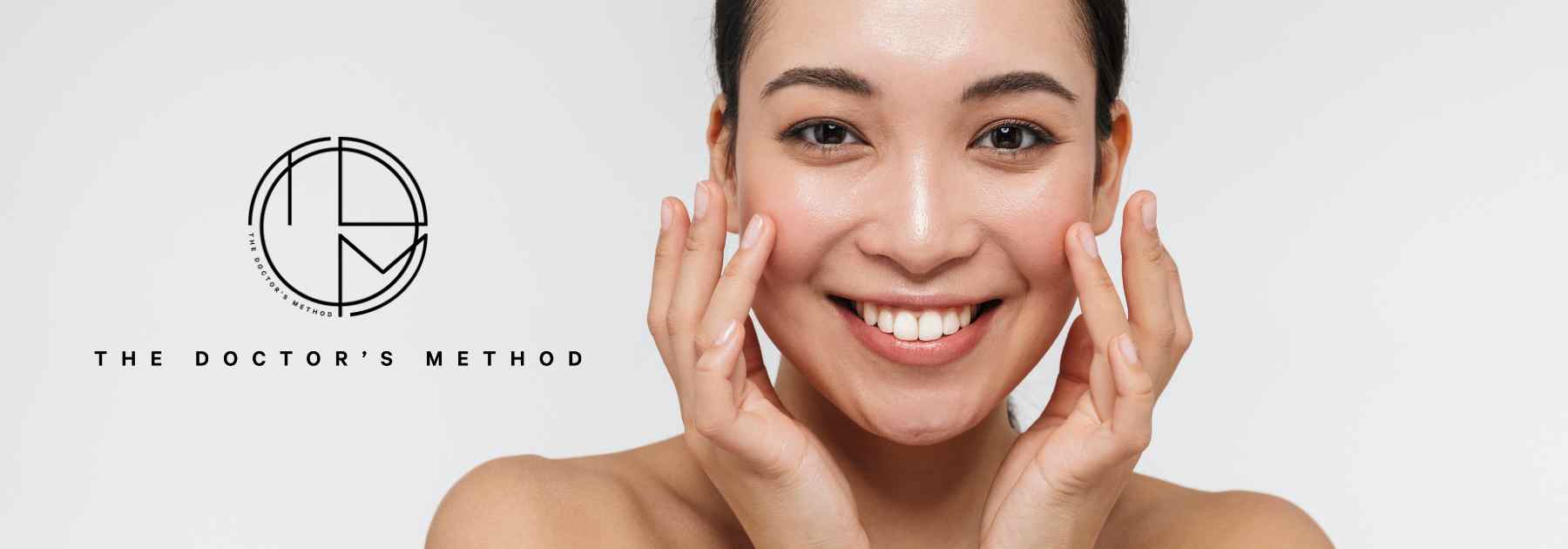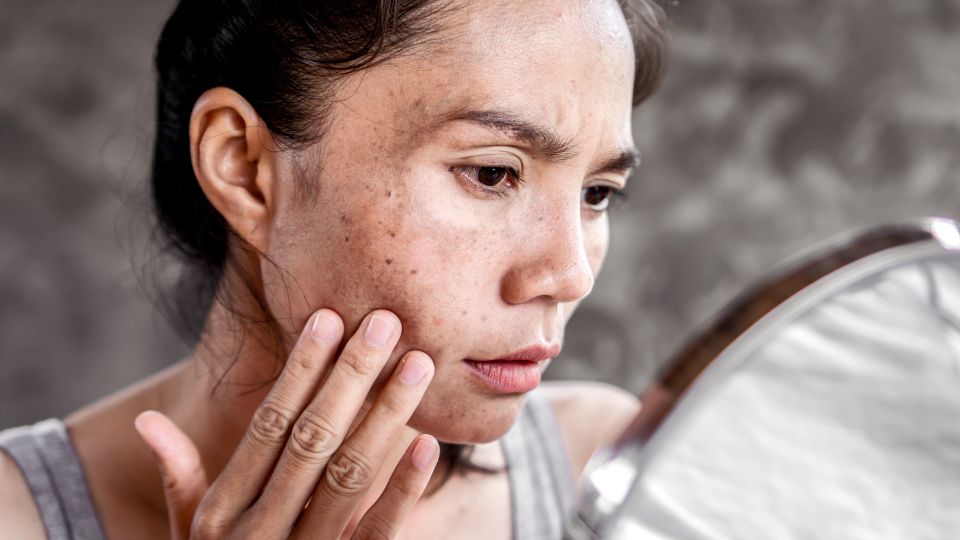Understanding and Treating Skin Pigmentation
Are you looking for skin pigmentation treatment in London? Skin pigmentation issues, particularly on the face, can significantly impact one’s confidence and overall well-being. Whether it’s hyperpigmentation, hypopigmentation, or uneven skin tone, these conditions are common but often misunderstood. At The Doctor’s Method in London, we understand the importance of addressing skin pigmentation concerns effectively. In this comprehensive guide, we’ll delve into the causes, types, and most importantly, effective treatments for skin pigmentation on the face.
Understanding Skin Pigmentation
Skin pigmentation refers to the colour of the skin, which is determined by the presence of melanin, a pigment produced by melanocytes. While everyone’s skin contains melanin, variations in its production and distribution can lead to pigmentation issues. Factors such as genetics, sun exposure, hormonal changes, inflammation, and certain medications can influence melanin production, resulting in various pigmentation concerns.
Types of Skin Pigmentation
- Hyperpigmentation: This condition is characterised by the overproduction of melanin, leading to dark spots or patches on the skin. Common forms of hyperpigmentation include melasma, sunspots (lentigines), and post-inflammatory hyperpigmentation (PIH) caused by acne, injuries, or skin inflammation.
- Hypopigmentation: Conversely, hypopigmentation occurs when there is a decrease or absence of melanin production, resulting in lighter patches or spots on the skin. Conditions such as vitiligo and certain types of fungal infections can cause hypopigmentation.
- Uneven Skin Tone: Uneven skin tone refers to variations in skin colour and texture, which can be caused by a combination of factors including sun damage, ageing, and lifestyle habits.

Skin Pigmentation Treatment
Effective treatment of skin pigmentation requires a comprehensive approach tailored to individual needs. At The Doctor’s Method, we offer advanced treatment options to address various pigmentation concerns on the face.
- Hydroquinone: A skin-lightening agent that inhibits melanin production, hydroquinone is commonly used to treat hyperpigmentation. It is available in varying strengths and formulations and should be used under medical supervision.
- Retinoids: Topical retinoids, such as tretinoin, work by promoting cell turnover and reducing melanin production, making them effective for treating both hyperpigmentation and uneven skin tone.
- Vitamin C: As a potent antioxidant, vitamin C can help brighten the skin and reduce hyperpigmentation by inhibiting melanin production and protecting against UV damage.
- Niacinamide: Also known as vitamin B3, niacinamide can improve uneven skin tone and reduce hyperpigmentation by inhibiting melanosome transfer within melanocytes.
- Chemical peels: These involve the application of a chemical solution to exfoliate the outer layers of the skin, revealing smoother, more even-toned skin underneath. Peels containing ingredients such as glycolic acid, salicylic acid, or lactic acid can help improve hyperpigmentation and uneven skin tone. Read more about our chemical peels.
- Laser treatments: Treatments such as fractional laser therapy and Excel V therapy, target melanin in the skin to reduce hyperpigmentation and improve overall skin tone. These treatments work by delivering controlled energy to the skin, stimulating collagen production, and promoting the removal of pigmented cells.
- Microneedling: Also known as collagen induction therapy, involves the use of tiny needles to create controlled micro-injuries in the skin, stimulating the body’s natural healing response and collagen production. When combined with topical serums or growth factors, microneedling can improve skin texture, tone, and pigmentation.
- Sun protection: This is essential for preventing and managing skin pigmentation issues. Daily use of broad-spectrum sunscreen with SPF 30 or higher, along with protective clothing and accessories, can help prevent further pigmentation and protect the skin from UV damage.

Book an Appointment
Skin pigmentation issues on the face can be challenging to manage, but with the right approach and treatment options, significant improvement is possible. At The Doctor’s Method in London, we specialise in personalised skin pigmentation treatments tailored to your unique needs. Whether you’re dealing with hyperpigmentation, hypopigmentation, or uneven skin tone, our expert team is here to help you achieve a brighter, more radiant complexion. Don’t let skin pigmentation hold you back — schedule a consultation with us today to start your journey towards clearer, healthier skin.
This blog was written on behalf of The Doctor’s Method by Pharmacy Mentor.






